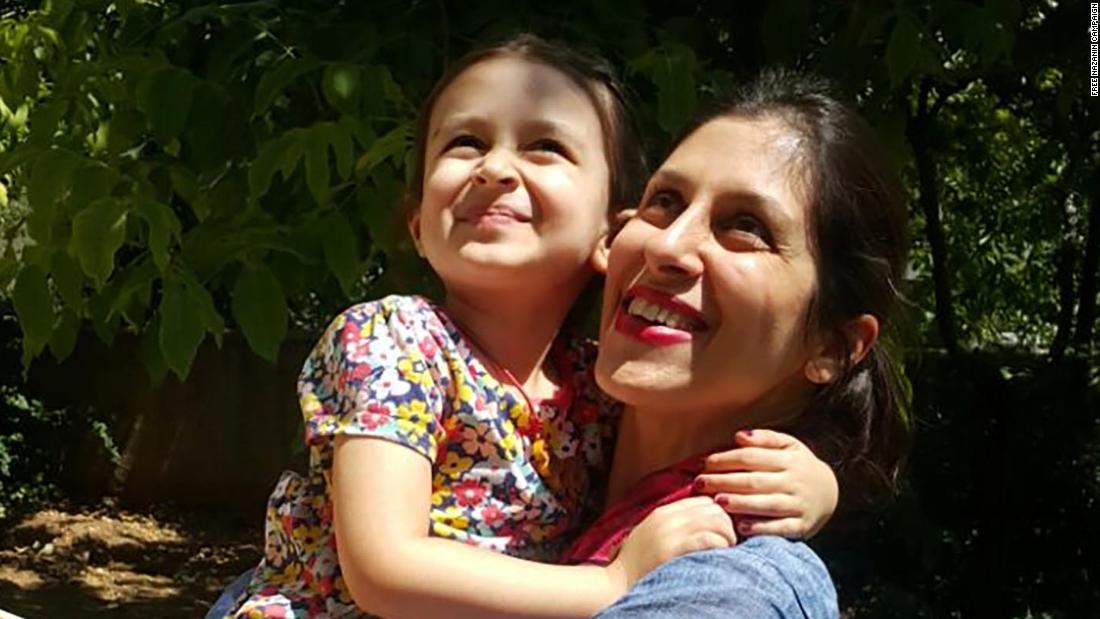Zaghari-Ratcliffe has been under house arrest for almost a year because of the coronavirus pandemic. His five-year sentence would end on Sunday.
Iran’s semi-official news agency, Isna, quoted Nazanin-Zaghari’s lawyer, Hojjat Kermani, as saying she would be tried on her other charge on March 14.
UK Foreign Secretary Dominic Raab said he welcomed the news. “We welcome the removal of Nazanin Zaghari-Ratcliffe’s ankle tag, but Iran’s continued treatment is intolerable,” he tweeted on Sunday. “She must be allowed to return to the UK as soon as possible to be reunited with her family.”
On Sunday, British parliamentarian Tulip Siddiq, who has been in contact with Zaghari-Ratcliffe’s family, said that Zaghari-Ratcliffe’s first trip after removing the ankle tag would be to visit his grandmother.
A Thomson Reuters Foundation employee, Zaghari-Ratcliffe was arrested at Tehran airport in April 2016. She was trying to return home to London after visiting the family with her 22-month-old daughter Gabriella.
The Iranian government has accused her of working with organizations that allegedly try to overthrow the regime, accusations that she and the Thomson Reuters Foundation have consistently denied. She was sentenced to five years in prison.
Zaghari-Ratcliffe, now 42, was transferred from prison to house arrest during the peak of the coronavirus pandemic in Iran. According to the British government, she was still under house arrest earlier this year.
She received British diplomatic protection in 2019 and was designated a prisoner of conscience by Amnesty International.
Speaking in Parliament earlier this year, UK Prime Minister Boris Johnson said the government is “doing everything we can” to guarantee Zaghari-Ratcliffe’s release from “completely unjustified detention in Tehran”.
Lindsay Isaac and Hande Atay Alam contributed to this report.
